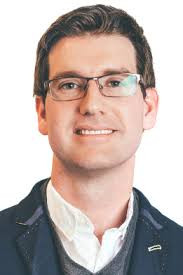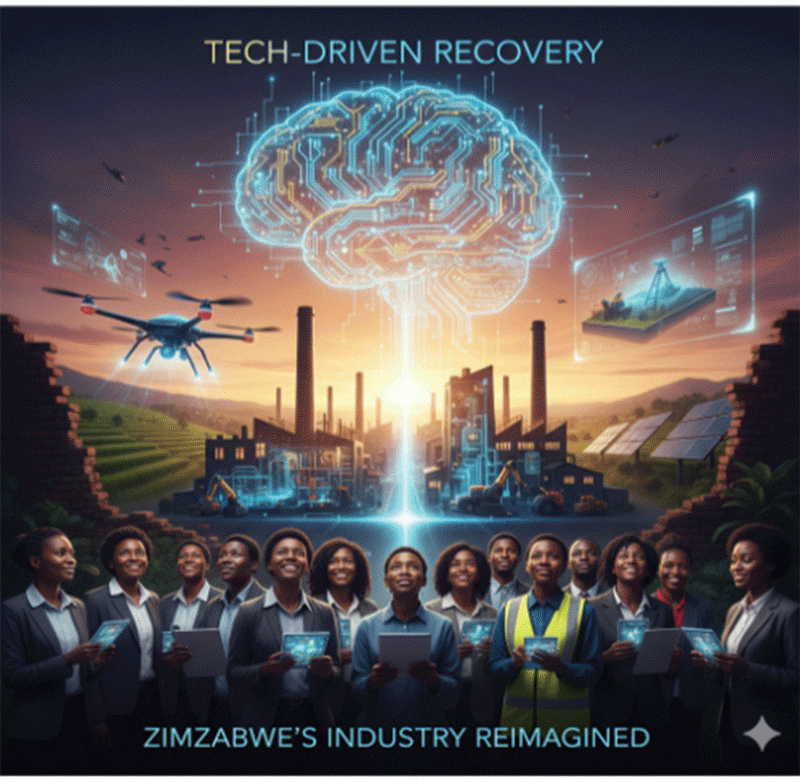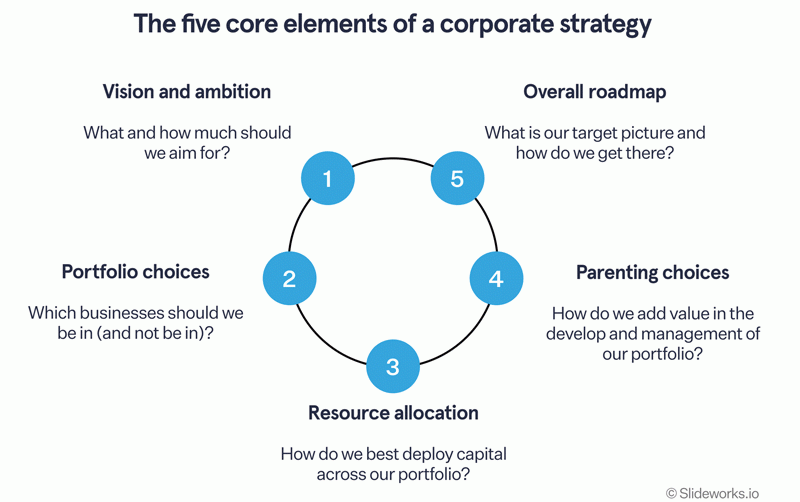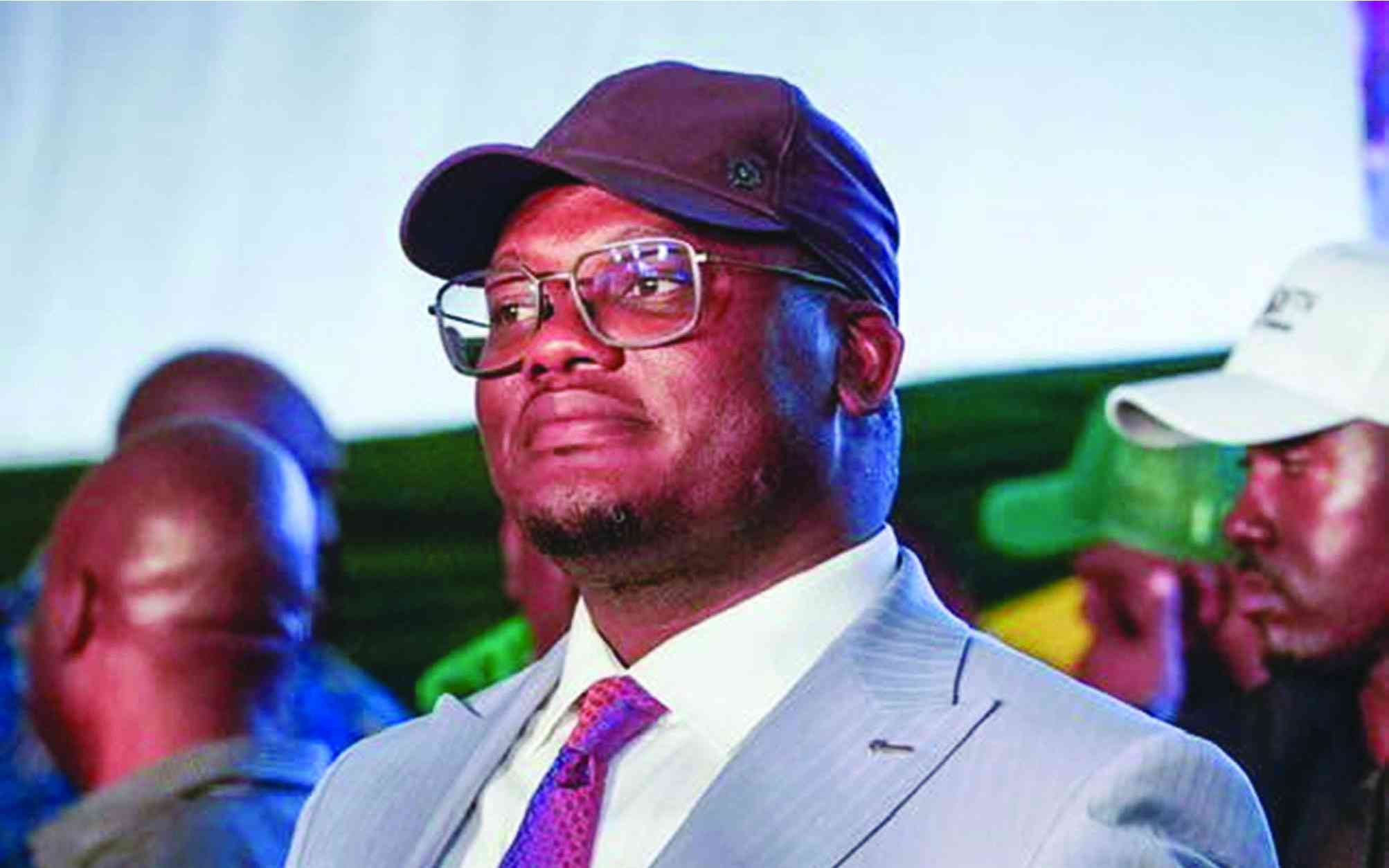
FORGIVENESS is often seen as a private act, a matter between individuals or within families. Yet as the recent webinar hosted by the Human Flourishing Programme at Harvard demonstrated, forgiveness can also be a powerful public good.
The event, entitled How Forgiveness Can Heal Communities: Learning About Forgiveness Campaigns’ brought together leading voices in the Global Forgiveness Movement, including Richard Cowden, Everett Worthington, Kate Jackson-Meyer, and Renatha Lollis. Their insights highlighted how campaigns to promote forgiveness are transforming societies scarred by conflict, injustice, and division.
For Zimbabwe, where political, economic, and social traumas remain fresh and unresolved, the lessons from this global dialogue could not be more timely. From Gukurahundi to Operation Murambatsvina, and from community disputes to workplace rivalries, forgiveness offers a pathway not of forgetting, but of transcending wounds to build dignity, flourishing, and peace.
Case for forgiveness campaigns
As Richard Cowden of the Human Flourishing Program explained, forgiveness is both common and complex. Globally, around three-quarters of people report they often forgive, but the depth and durability of that forgiveness vary widely. Campaigns that raise awareness, normalise forgiveness, and provide evidence-based tools can amplify the benefits of forgiveness across entire communities.
In Zimbabwe, where mistrust and bitterness often fester beneath the surface of public life, forgiveness campaigns could address the psychological scars of political violence and economic collapse. Much like public health campaigns on HIV prevention or vaccination, forgiveness could be framed as a civic virtue essential to national healing. Community radio, churches, and schools could spearhead such efforts, turning forgiveness from an abstract virtue into a lived social practice.
REACH model, its relevance to Zim
Everett Worthington, one of the world’s foremost forgiveness scholars, presented the REACH Forgiveness model as a structured method for helping people move beyond hurt. The model — Recall, Empathise, Altruistic gift, Commit, and Hold on — has been tested across diverse contexts, from South Africa to Ukraine. It consistently improves mental health, reduces anxiety and strengthens community ties.
- Hebrew Scriptures: How to forgive is just as important as when to forgive
- Healing through forgiveness
Keep Reading
Applied to Zimbabwe, REACH could transform how individuals and institutions deal with grievances. Consider a farmer whose land was seized during the land reform programme, or a worker laid off unfairly during economic restructuring. Through REACH, they could recall the hurt, seek to empathise with the offender’s context, offer forgiveness as a gift, commit to the act, and maintain it through supportive networks. Such practices, if institutionalised in schools, workplaces, and community groups, could reduce cycles of vengeance and replace them with cycles of renewal.
Forgiveness in practice
Kate Jackson-Meyer emphasised that forgiveness flourishes in community. Individual acts of forgiveness are powerful, but collective rituals and campaigns can magnify their impact. Forgiveness groups, as piloted in the Global Forgiveness Movement, allow participants to journey together through the REACH process, supporting one another as they confront past wounds.
Zimbabwe’s churches, which remain influential in both urban and rural life, could adapt this model. Imagine parish-based forgiveness circles where survivors of political violence share their pain and commit to letting go of hatred.
Or youth groups in Harare schools working through the workbook together, cultivating empathy and resilience. Such grassroots campaigns could ripple upwards, reshaping national narratives of grievance and division.
Leadership, courage to forgive
Renatha Lollis brought a practitioner’s voice, reminding the audience that forgiveness is not sentimental — it is strategic. For leaders, whether in politics, business, or civil society, forgiveness requires courage and clarity. It demands a vision that goes beyond winning the next election or dominating the next market.
To read full article visit www.theindependent.co.zw.
Jongwe is a humanistic leader with extensive expertise across various industries in southern Africa, including higher education. — WhatsApp: +263 788016938/ email: [email protected].











